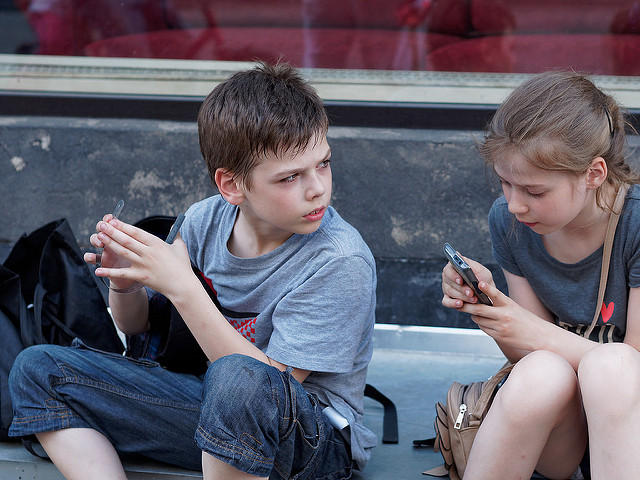Education in Latvia: An End to Discrimination

Improvements in education in Latvia are of the utmost importance, because children are the most impoverished group of Latvians. As of 2012, 23.4 percent of children under the age 17 were living below the poverty line, whereas only 18.8 percent of adults up to 64 years of age and 17.7 percent of Latvians 65 and older were below the poverty threshold.
With so many children living in poverty, receiving an education is the first step towards improving their situation. From 2008 to 2012, there was a decline from 26.3 percent to 23.4 percent of children living in poverty, perhaps due to primary and secondary education being free and mandatory for all native Latvians.
However, there would be a much greater decrease if discrimination was not as prominent within education in Latvia. Children of minorities are denied access to health and education facilities.
Romani and Russian speakers experience language barriers, as Latvian schools do not teach in these languages. Children of these ethnicities are falling into poverty, or remaining in poverty, which greatly affects the country’s overall economy. Russian speakers alone represent a third of Latvia‘s population, greatly influencing the country’s poverty rate.
Fortunately, the European Commission Against Racism and Intolerance has addressed the issue and promises that the Latvian educational system will provide equal access to education and jobs. They demanded that schools alter their curriculum to provide instruction in minority languages and cultures.
Even further, there is a presence of a separate but equal society in which Roma children must attend different classes than their peers, which reinforces the belief that they are not capable of sharing language and education with Latvian students. The Council of Europe’s Anti-Racism Commission is also fighting to end this separation and merge all ethnicities into the same class.
Seeing how Latvia’s population has experienced an increase in its poverty rate, from 19 percent in 2010 to 22.5 percent in 2014, it is vital that the country makes improvements. Providing equal access to both basic and higher education is an important step forward, one that European officials acknowledge. Once Latvia ends racism, education will allow all children to climb out of poverty.
– Brianna White
Photo: Flickr
